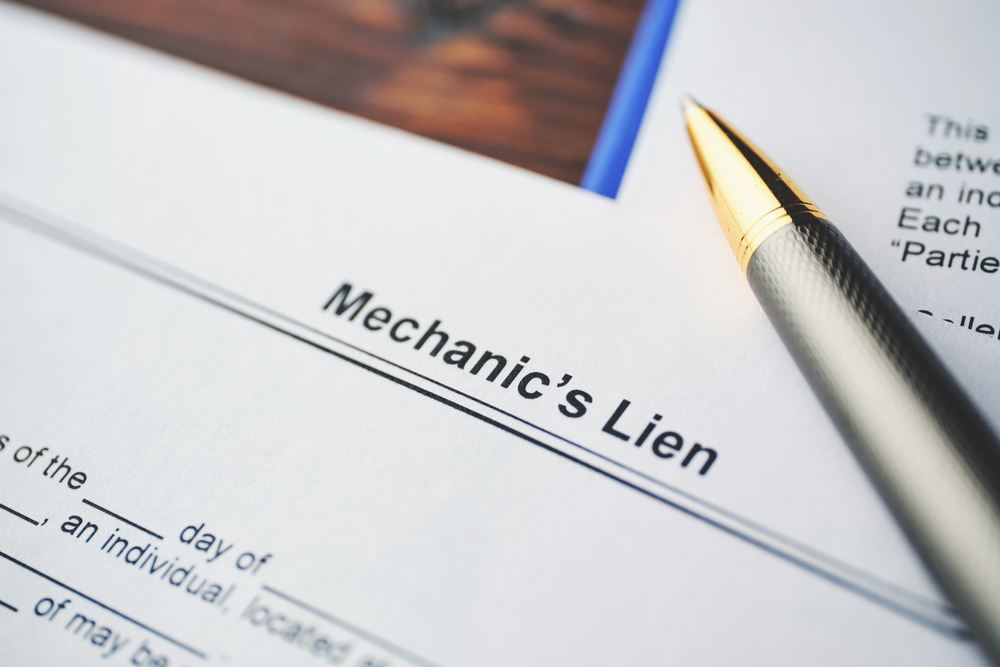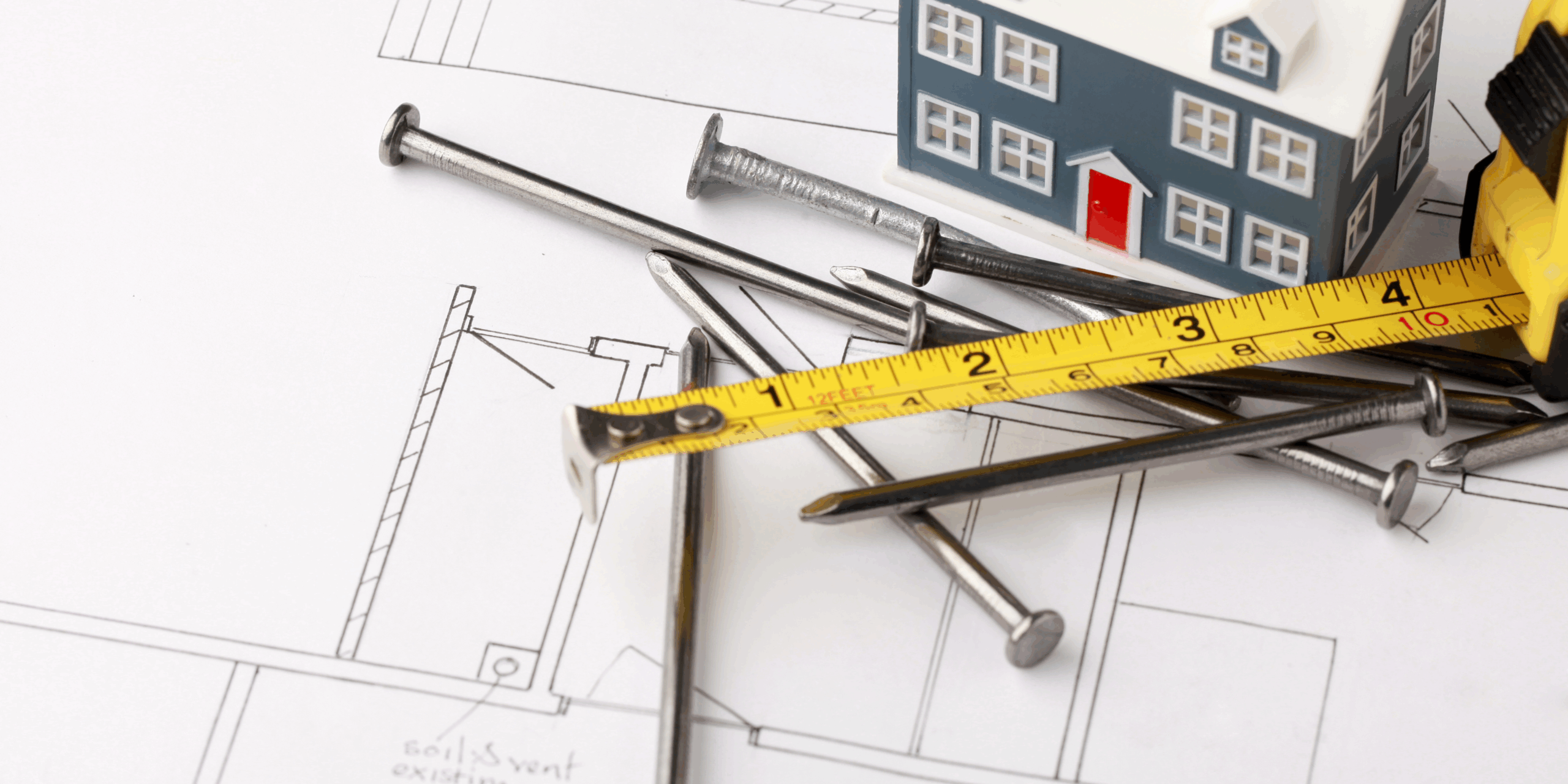

Mechanic’s liens are a powerful tool for contractors, subcontractors, and suppliers to ensure they get paid for their work and materials. Filing one, however, requires careful attention to Kansas-specific requirements and timelines. Missing a single step or deadline could invalidate your lien rights, leaving you with fewer options to recover unpaid amounts.
This guide walks you through the necessary steps to file a valid mechanic’s lien in Kansas. We’ll cover who is entitled to lien rights, required notices, filing deadlines, and other key details. We’ll also discuss why sending notice early can significantly improve your chances of getting paid.
Kansas law gives lien rights to individuals and businesses who provide labor, materials, or equipment for construction or improvement to real property. This includes:
However, you must perform work or provide materials that enhance the value of the property. Purely administrative tasks (such as project management) typically do not qualify for lien rights. Additionally, if you’re working under a contract with the property owner (or a contractor in direct contract with the property owner), your lien rights are generally more secure. Subcontractors further down the chain should take additional precautions, such as providing timely notices to protect their interests.
Kansas contractors are required to serve specific notices during the payment process to preserve lien rights. These include:
Kansas law doesn’t mandate a preliminary notice before work begins, it’s a good practice for subcontractors and suppliers. Sending an early notice informs the property owner of your involvement and can help ensure payment.
Before filing a mechanic’s lien, Kansas law requires claimants who don’t have a direct contract with the property owner (e.g., subcontractors) to serve a “Notice of Intent to File a Lien” on the property owner. This notice must be sent before you file the lien itself.
The notice must clearly state the amount owed and describe the work or materials you provided. Although not required for general contractors working directly with the owner, providing this notice can still serve as a helpful reminder and reduce disputes.
Timeliness is critical when filing a mechanic’s lien in Kansas. Here’s what you need to know:
Mechanic’s liens in Kansas must be filed within 4 months after the last day you supplied labor, materials, or equipment to the project. Subcontractors and suppliers have a slightly shorter timeline—3 months from the last day of work or materials supplied.
Mechanic’s liens are filed with the District Court Clerk’s Office in the county where the property is located. Ensure the filing is complete and accurate to avoid rejection or delays.
To be valid, a Kansas mechanic’s lien must contain:
Accuracy is crucial. Errors in property information or other details can render your lien unenforceable.
After filing a mechanic’s lien, you’re required to send notice to the property owner. This must be done within 10 days of filing the lien. The notice should include a copy of the lien document and must be delivered via certified or registered mail to ensure proper documentation.
Once filed, a mechanic’s lien in Kansas remains valid for 1 year. If you don’t take legal action to enforce the lien within that time, it will expire and be void. To prevent this, you must file a lawsuit to foreclose on the lien before the deadline passes.
Kansas law allows for the recovery of attorney’s fees in certain mechanic’s lien actions. If you file a lawsuit to enforce the lien and prevail, the court may award reasonable attorney fees in addition to the lien amount. This helps reduce the financial burden of pursuing legal action.
The earlier you notify the property owner of your involvement and potential unpaid amounts, the better your chances of getting paid. Remember, Kansas law shields property owners from liability for amounts they’ve already paid to the general contractor before receiving notice of unpaid obligations. For example:
If a property owner pays the general contractor in full before learning that a subcontractor is still unpaid, the owner is not required to pay the subcontractor. Therefore, to protect your rights as a subcontractor or supplier, send preliminary notices or notices of unpaid balances as early as possible. This ensures the property owner sets aside the necessary funds to cover your claim.
Filing a valid mechanic’s lien in Kansas involves multiple steps, strict deadlines, and attention to detail. Whether you’re a contractor, subcontractor, or supplier, understanding and following these requirements is essential to protecting your right to payment.
Whenever possible, prioritize early communication with property owners. Sending notices sooner rather than later increases transparency and your likelihood of getting paid, helps avoid disputes, and ensures you comply with Kansas lien laws.
If you’re unsure about any part of the lien process, call us at 713-715-7334 to protect your rights and maximize your chances of success.
Karalynn Cromeens is the Owner and Managing Partner of The Cromeens Law Firm, PLLC, with over 17 years of experience in construction, real estate, and business law. A published author and passionate advocate for contractors, she has dedicated her career to protecting the businesses her clients have built. Karalynn is on a mission to educate subcontractors on their legal rights, which inspired her books Quit Getting Screwed and Quit Getting Stiffed, as well as her podcast and The Subcontractor Institute.

